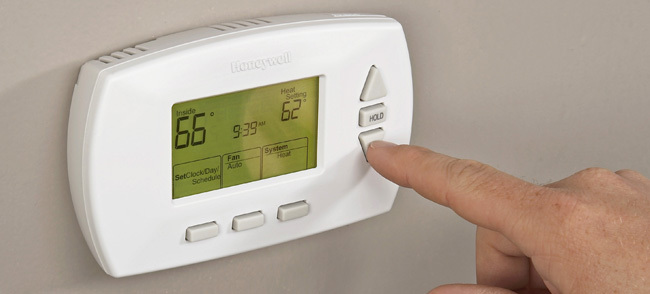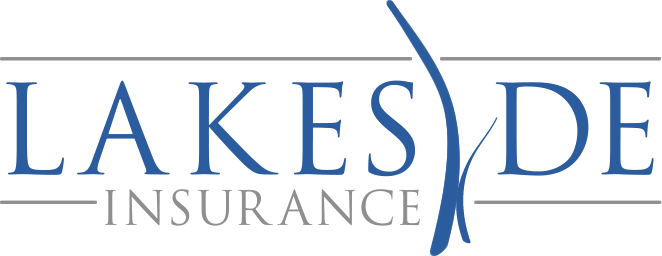
It’s no secret winters in the Midwest are frigid - and the next few days here will be COLD. Keep the chill outside by following these helpful tips to reduce your energy bills without sacrificing comfort.
Make your home more energy efficient
According to the Department of Energy, making your home more energy efficient can save 5 to 30 percent on your monthly energy bill. Just think of what you could do with that savings!
- Conduct a home energy audit — hire a professional or use the Department of Energy’s do-it-yourself energy assessment to help identify problem areas http://energy.gov/energysaver/articles/do-it-yourself-home-energy-audits
- Make sure your attic and ceilings are sufficiently insulated as heat rises and if it’s not stopped by insulation, it will escape through your roof
- Furniture should not block floor vents or radiators
- Consider installing a programmable thermostat (ideal for those away from the home for set periods throughout the week); according to energystar.gov/, proper usage can save around $180 every year in energy costs (again, more money in your pocket!)
- If you have a wood fireplace, make sure the damper is closed when it’s not in use
- When purchasing new appliances, consider ones with energy star label; not only do they operate more efficiently but some may be eligible for federal tax credits (visit energystar.gov http://www.energystar.gov/about/federal_tax_credits for more information)
Windows and Doors
Proper maintenance of windows and doors is key to improving energy efficiency in your home. According to popularmechanics.com, seven to 12 percent of a home’s heat loss occurs around windows and doors.
- Add or replace weather-stripping around doors — the cost is inexpensive and typically easy to install or replace
- Repair or replace broken or cracked window and door glass
- Open curtains and blinds during the day so sunlight can warm the room and close them at night as they act as a second barrier against cold winter air
- If replacing your windows or new construction, consider thermopane windows as they can increase the energy efficiency of your home up to 70 percent
Hot Water Savings
- Insulate your hot water heater as this may help hot water stay hot longer without using extra energy
- Install a low-flow showerhead; many homes built after 1992 have this so if you have an older home consider the update
- Run the dishwasher or washing machine when it’s full; turning on either machine when only half full wastes hot water.
- Wash clothes in cold water
- Clean the lint filter in your dryer so it functions efficiently
To learn more about home heating, check out this infographic [hyperlink: http://energy.gov/articles/energy-saver-101-infographic-home-heating] courtesy of the Department of Energy.
Courtesy of Integrity Insurance.

